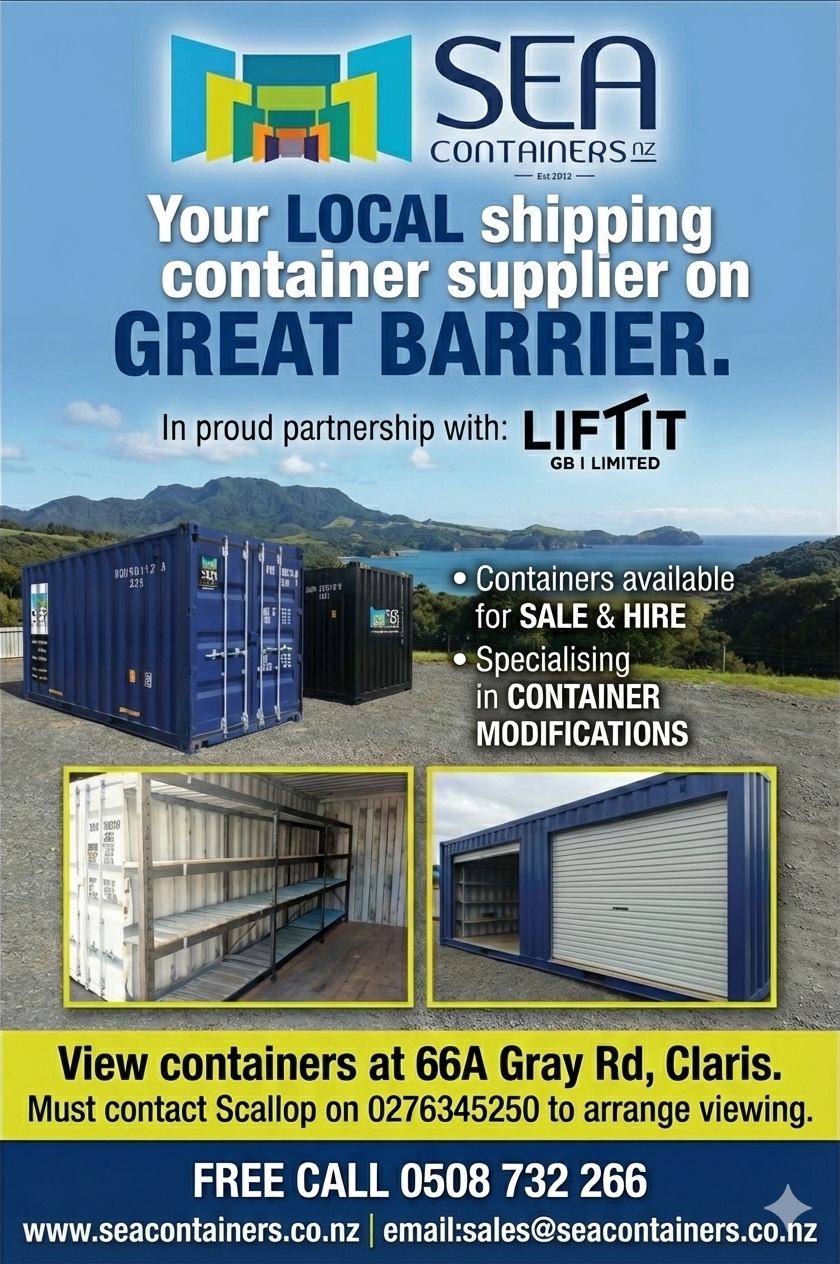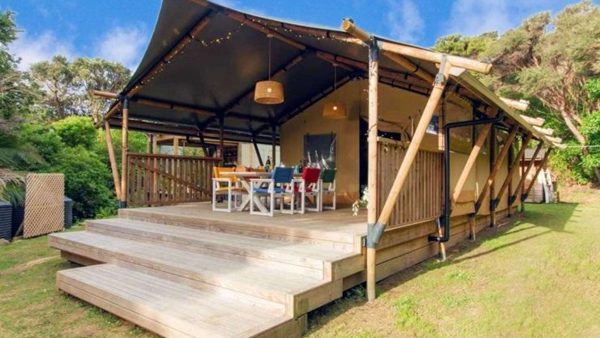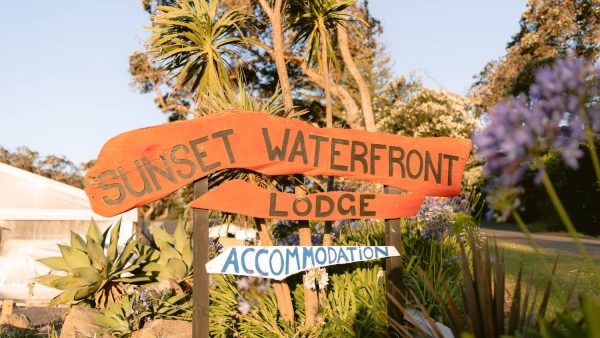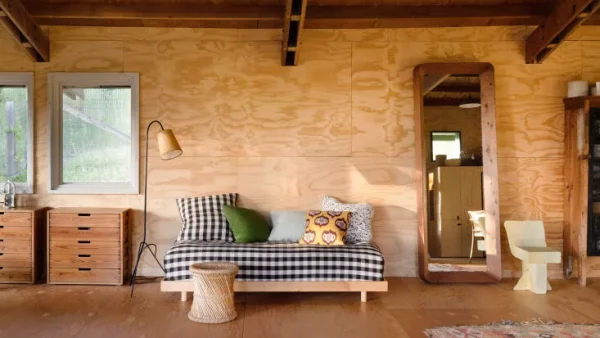Auckland Mayor Wayne Brown is doubling down on his push for a regional bed tax, saying a majority of residents support the idea of making visitors contribute to the cost of running the city. But the plan is drawing fire from the Auckland Ratepayers’ Alliance and raising eyebrows in communities like Waiheke, Rakino, and Great Barrier Island, where tourism has already taken a hit.
The proposed bed night levy, included in Auckland Council’s draft annual plan, would apply to commercial accommodation and be used to fund events and destination marketing. More than 13,000 submissions were received during the public consultation period, with Council saying 60 percent of individual respondents were in favour.
“Despite the government’s sheepishness towards a bed night levy, a clear majority of Aucklanders want it,” Brown said in a statement. “It shouldn’t impact hoteliers’ profit margins but rather add to their bottom line.”
But critics say the levy comes at the wrong time, especially for Gulf Islands that depend on seasonal tourism. The hospitality and accommodation sectors have faced a string of challenges—from pandemic disruption to weather-related cancellations, and more recently, restrictions stemming from the spread of the invasive seaweed Caulerpa, which led to anchoring bans around popular boating destinations.
The proposed levy would hit Rakino, Kawau, Great Barrier and Waiheke, where operators already face steeper freight and transport costs simply to get staff, supplies, and guests on and off the island. Any added burden, operators argue, risks driving visitors elsewhere.
The Ratepayers’ Alliance was quick to dismiss the proposal.
“Taxing short-term visitors to fund more events is a step backwards,” said spokesman Sam Warren. “The mayor was elected to cut through bureaucracy, not add new layers of cost. Now is certainly not the time to lose focus.”
Across Auckland’s islands and remote settlements, accommodation is a critical part of the local ecosystem. In many areas, hospitality is the primary source of private-sector employment, with other industries—such as conservation, construction, and local government—largely driven by external funding or seasonal demand.
Auckland Council’s final decisions on the bed tax proposal are expected by the end of May.








